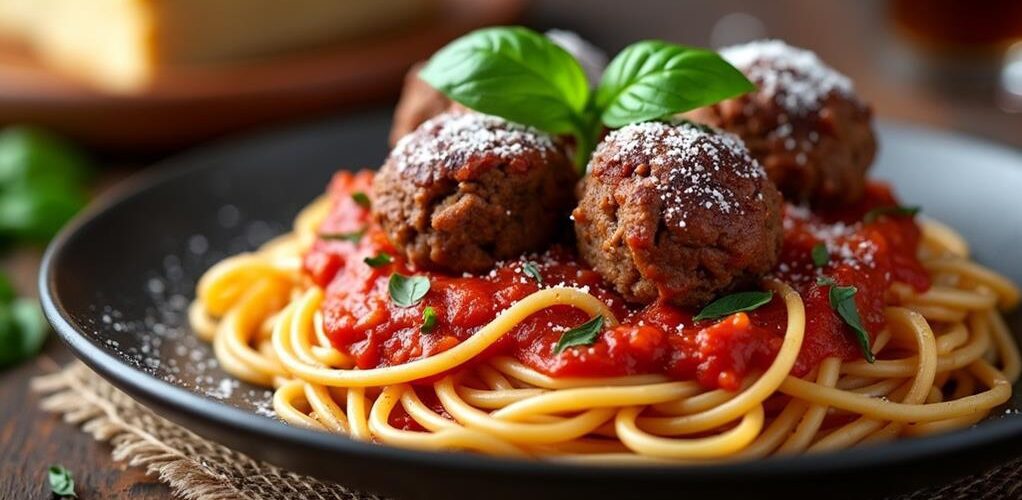
When following a ketogenic diet, it is vital to avoid refined carbs, certain alcoholic beverages, and sugary foods and condiments to maintain ketosis. Refined carbs, such as white bread and pasta, provide high carbohydrate content that disrupts ketosis. Alcoholic beverages, particularly beer and sugary cocktails, can also introduce excessive carbs. Sugary foods, including honey and sodas, and condiments like ketchup, add hidden sugars that derail ketosis. Sticking to low-carb options and monitoring carb intake is essential for effective results. Understanding these food restrictions can help you optimize your ketogenic journey while preserving metabolic efficiency.
Key Takeaways
- Avoid refined carbs like white bread, pasta, and rice due to their high carbohydrate content.
- Refrain from consuming starchy vegetables such as potatoes and corn to maintain ketosis.
- Steer clear of sugary foods and condiments, including honey and ketchup, to prevent blood sugar spikes.
- Limit high-carb alcoholic beverages like beer and sugary cocktails to stay within carbohydrate limits.
- Watch for hidden sugars in processed snacks by carefully reading ingredient labels.
Refined Carbs
Refined carbohydrates, such as white bread, pasta, and pastries, pose significant challenges for individuals adhering to a ketogenic diet. These foods are high in carbohydrates, which can hinder the body's ability to enter and maintain ketosis. For instance, a single slice of white sandwich bread contains approximately 13 grams of carbs, while one cup of cooked white pasta contributes around 33 grams of carbs. Additionally, a half-cup serving of cooked white rice has about 26.5 grams of carbs. Such quantities can quickly exceed the daily carbohydrate limit required to sustain ketosis.
Furthermore, starchy vegetables like potatoes and corn should also be avoided due to their high carb content.
The impact on ketosis from consuming refined carbs is profound, as they provide a rapid influx of glucose into the bloodstream. This leads to blood sugar spikes, which are counterproductive to the stable energy levels and weight loss objectives of a ketogenic diet. Increased blood sugar effects also prompt the release of insulin, a hormone that facilitates fat storage and can impede the fat-burning process central to ketosis.
Consequently, it is advisable to replace high-carb options with alternatives like mashed cauliflower or low-carb bread to support a ketogenic lifestyle effectively. These substitutions help maintain ketosis and guarantee more stable blood sugar levels.
Alcoholic Beverages
Maneuvering the landscape of a ketogenic diet can be particularly challenging when it comes to alcoholic beverages. Many options, especially beer and mixed drinks, are high in carbohydrates, which can hinder the body's ability to maintain ketosis. A typical beer contains significant carbs, with some varieties exceeding 15 grams per serving, making it easy to surpass daily carb limits on a keto diet. Cocktails that include sugary mixers or juices can contain upwards of 30 grams of carbs per serving, further complicating carb management.
Hard liquors like vodka, whiskey, or gin are lower in carbs; however, they should be consumed with low-carb mixers such as soda water to avoid carb spikes. Moderation is essential when consuming alcohol on a keto diet, as excessive intake can delay entering or maintaining ketosis, impacting weight loss and overall health goals.
| Beverage Type | Carbohydrate Content | Keto-Friendly Alternatives |
|---|---|---|
| Beer | 15+ grams per serving | Light beer, low-carb beer |
| Sugary Cocktails | 30+ grams per serving | Low carb cocktails with soda water |
| Hard Liquor | <1 gram per serving | Vodka, whiskey, gin with soda water |
Sugary Foods and Condiments
Steering through the complexities of a ketogenic diet requires a close examination of sugary foods and condiments, which can often be hidden sources of carbohydrates. High-carb items such as sugary syrups, sodas, and sweet condiments can greatly disrupt ketosis.
For instance, honey contains approximately 17g of carbs per tablespoon, making it unsuitable for a keto diet. Similarly, sugary sodas like Coca-Cola have around 39g of carbs per 12 oz can, easily exceeding the daily carb limit for those on keto.
It is also important to recognize serving sizes to avoid misinterpretation and guarantee accurate nutrient tracking.
Key Points to Reflect On:
- Sugary Condiments: Ketchup and barbecue sauce may seem harmless but they can contain about 3g and 4g of carbs per packet, respectively. Replacing these with low carb sweeteners or keto-friendly condiments is crucial.
- Flavored Yogurts: Many flavored yogurts have added sugars that increase carb counts. Opt for unsweetened Greek yogurt instead, which aligns better with keto guidelines.
- Processed Snacks: Always read ingredient labels on processed snacks to avoid hidden sugars. Many of these snacks are high in carbs and can disrupt ketosis.
Frequently Asked Questions
What Foods Can You Not Eat on Keto?
In keto meal planning, avoid foods high in refined carbohydrates, starchy vegetables, sugary items, most fruits, and processed snacks. Carb counting is essential to maintain ketosis and achieve the diet's intended metabolic benefits.
What Are the Golden Rules of Keto?
The golden rules of keto include limiting carbohydrates, avoiding high-carb foods, focusing on healthy fats, monitoring sweeteners, and reading labels carefully. Addressing keto misconceptions and effective keto meal prep are also essential for long-term success.
What Are the Top 10 Keto Foods?
Top 10 keto foods include unprocessed meats, fatty seafood, olive oil, coconut oil, full-fat dairy, non-starchy vegetables, avocados, nuts and seeds, eggs, and keto-friendly snacks. These options support high-fat meals and ketosis maintenance.
What Foods Do Not Break Ketosis?
Foods that do not break ketosis include keto-friendly snacks like almonds and chia seeds, low-carb vegetables such as spinach and kale, high-fat meats like bacon, and healthy fats from sources like avocados, olive oil, and coconut oil.
Conclusion
To summarize, adherence to a ketogenic diet requires the exclusion of certain food categories that can impede the attainment of ketosis. Refined carbohydrates, alcoholic beverages, and sugary foods and condiments are antithetical to the dietary framework's low-carbohydrate, high-fat requirements. Eliminating these items is essential for optimizing metabolic processes central to ketosis, thereby facilitating the intended benefits of weight loss, enhanced energy levels, and improved mental clarity associated with the keto diet.

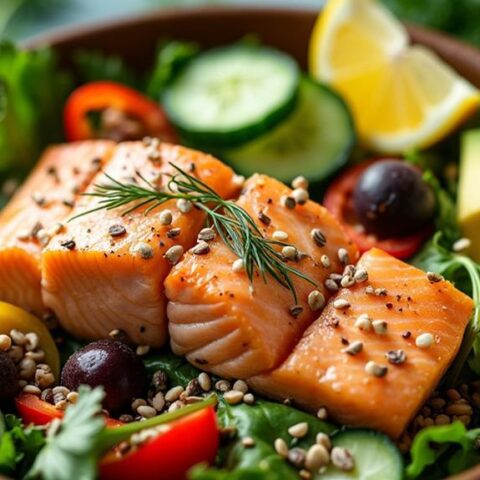
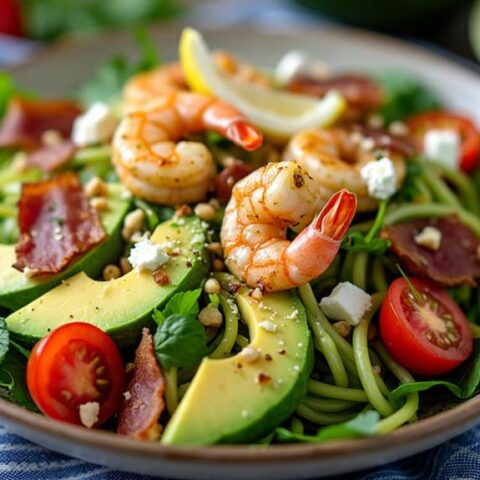
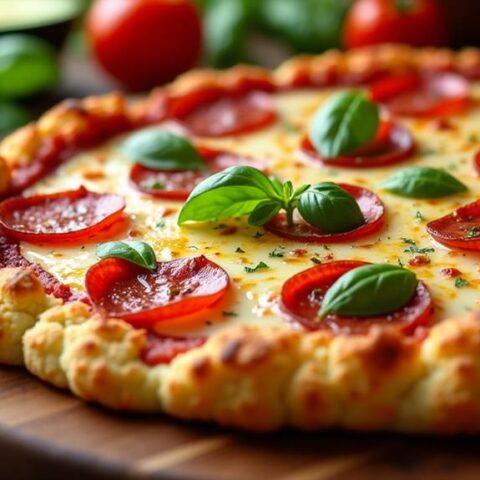
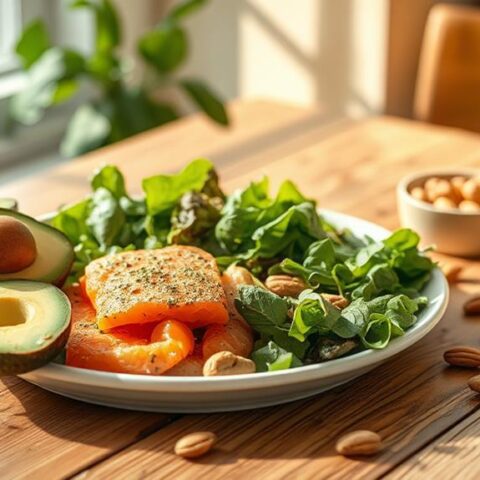




No Comments